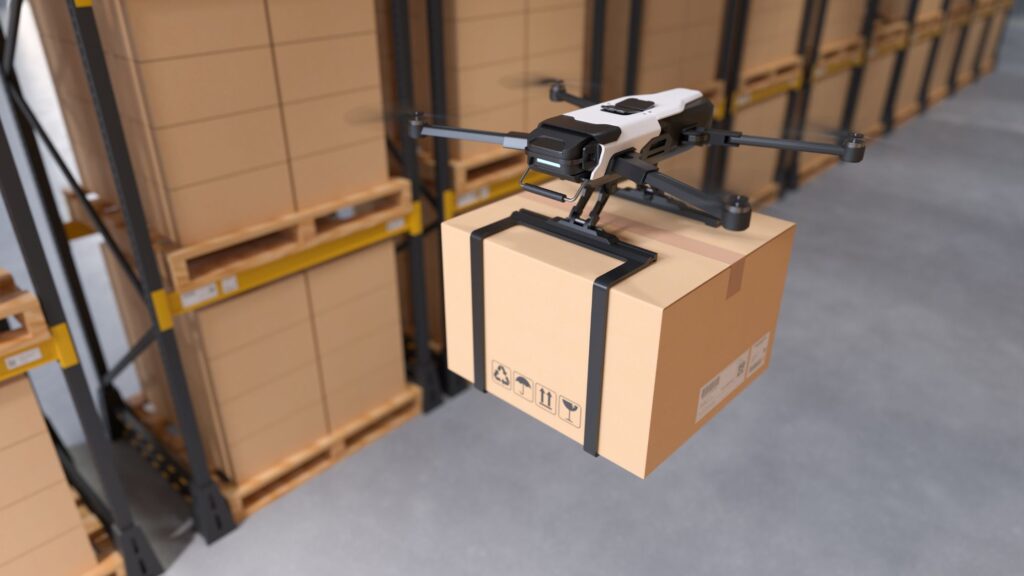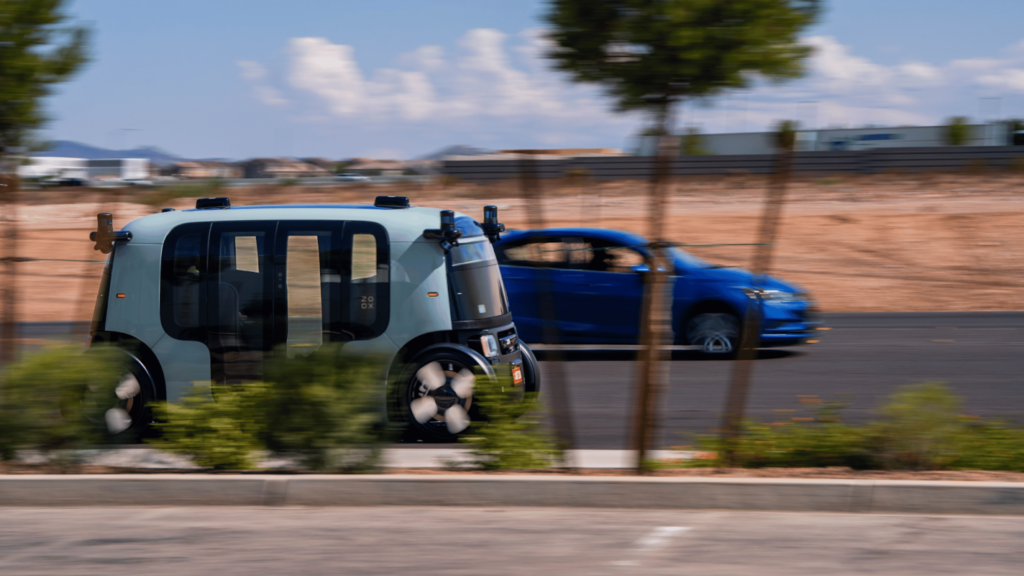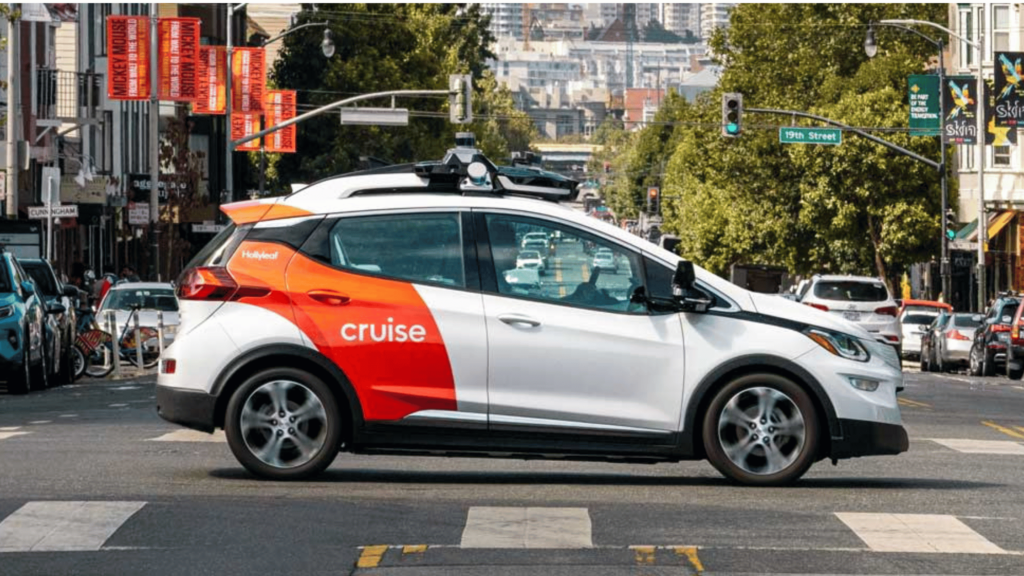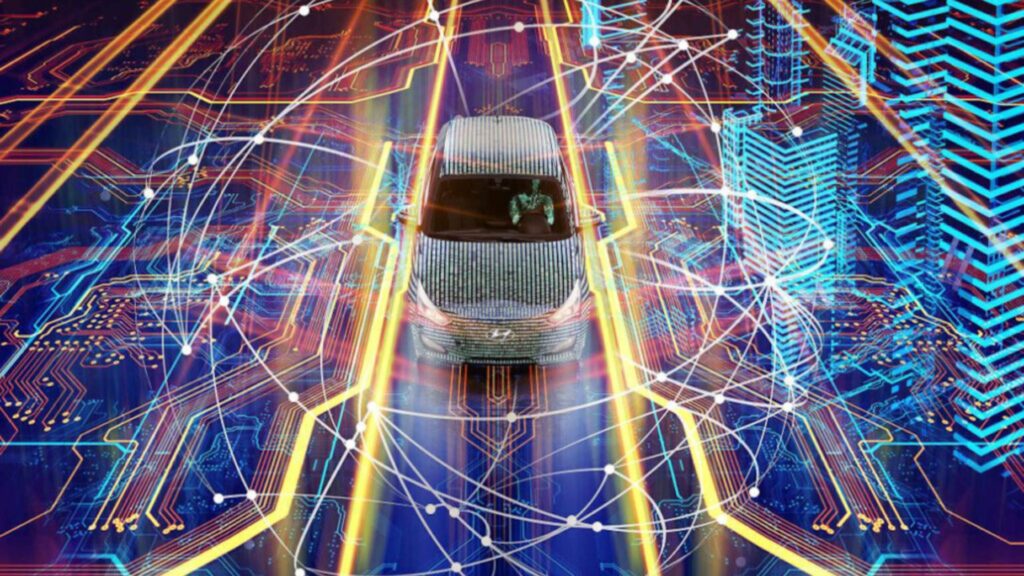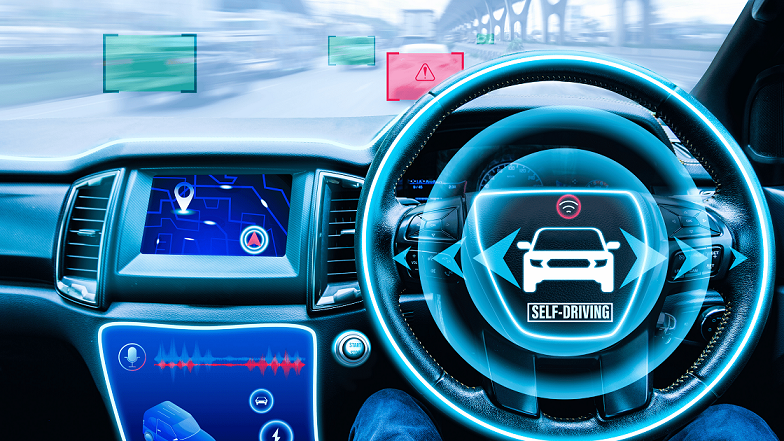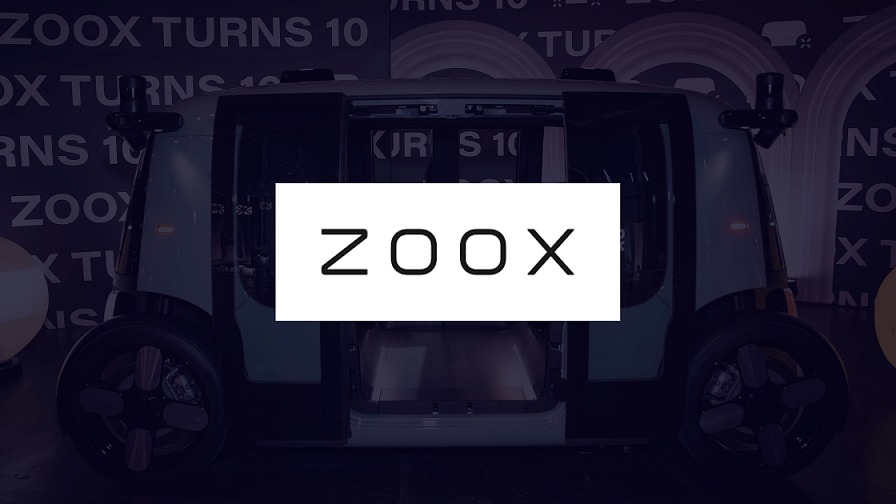Table of Contents
The autonomous drone delivery industry in the US has witnessed substantial growth. Experimental pilot programs are becoming commercial realities. The delivery drones market size is valued at USD 1.08 billion in 2025 and is forecasted to reach USD 4.40 billion by 2030, advancing at a 32.44% CAGR, reflecting the industry’s rapid expansion and growing consumer acceptance.
Over the years, several companies have emerged as leaders in the autonomous drone delivery space, each bringing unique technologies and approaches to simplify last-mile logistics. The market is projected to see widespread adoption, with key players achieving millions of deliveries and billions of autonomous flight miles collectively.
This article discusses the leading autonomous drone delivery companies in the US, highlighting their tech stack, autonomous miles covered, and numbers of deliveries made.
Top Autonomous Drone Delivery Companies in the US
1. Zipline
Zipline is the world’s largest autonomous delivery system, specializing in on-demand drone delivery and instant logistics. The company has achieved remarkable scale, particularly in medical deliveries and partnerships with major retailers.
Key Achievements
- Autonomous Miles: On March 10, 2025, Zipline, a California-based drone delivery company, officially surpassed 100 million commercial autonomous miles with over 1.4 million deliveries.
- Retail Partnerships: In early 2025, Zipline partnered with Walmart to offer deliveries in the Dallas–Fort Worth metroplex using Platform 2 drones.
Technology Stack
Zipline’s technology focuses on long-range, high-capacity deliveries:
- Fixed-Wing Aircraft: Optimized for long-distance flights
- Automated Launch/Recovery: No human intervention required
- Precision Delivery System: Parachute-based cargo release
- Weather-Resistant Design: Capable of operating in various conditions
The company’s achievement of 100 million autonomous miles is equivalent to circumnavigating the Earth 4,000 times or covering every road in the United States 24 times.
2. Wing (Alphabet)
Wing, owned by Alphabet Inc. (Google’s parent company), is one of the most technologically advanced drone delivery operations in the world. The company has utilized Google’s vast resources and AI capabilities to create a comprehensive delivery ecosystem.
Key Achievements
- Total Deliveries: Wing has a total 450,000+ deliveries to its record. In 2025, Wing provided drone deliveries from Walmart stores in 18 Dallas locations.
- Global Operations: Active in multiple countries including the US, Australia, and Finland
Technology Stack
Wing’s technology represents some of the most advanced autonomous systems in the industry:
- Machine Learning Integration: Powered by Google’s AI expertise
- Advanced Computer Vision: Real-time obstacle detection and avoidance
- Proprietary Aircraft Design: Unique hybrid tilt-rotor configuration
- Cloud-Based Fleet Management: Scalable operation management system
Wing operates through a distributed network model, focusing on suburban and semi-urban areas where their aircraft can operate safely and efficiently.
3. Flytrex
Flytrex is a leading player in the autonomous drone delivery space, specializing in on-demand food delivery via UAVs. Headquartered in Israel with significant US operations, the company has expanded its drone logistics footprint in states like North Carolina and Texas, partnering with major platforms like Uber Eats and DoorDash.
Key Achievements
- Total Deliveries: Over 200,000 completed deliveries
- Delivery Time: Under 5 minutes to customers’ backyards
- Coverage Area: Multiple US cities with suburban focus
- Recent Partnership: In 2025, Flytrex announced a strategic partnership with Uber to launch drone deliveries in pilot US markets, marking a pivotal expansion in automated aerial transportation.
Technology Stack
Flytrex utilizes a sophisticated autonomous flight system that includes:
- Autonomous Drones: Flytrex employs fully autonomous drones equipped with advanced navigation systems for complex airspace management.
- Payloads: Their drones can carry payloads up to 6.6 pounds over a 10-mile radius, flying at speeds of approximately 32 mph with a round-trip range of about five miles.
- BVLOS: The tech stack includes FAA-compliant autonomy software for beyond visual line of sight (BVLOS) operations, integrated with third-party apps for seamless ordering.
- Ground-Based Monitoring: Remote pilot oversight for safety compliance
Flytrex is currently executing tens of thousands of food and retail drone deliveries per year, and it recently became the fifth company in the world approved to conduct drone deliveries under a Standard Part 135 Air Carrier Certification from the FAA.
4. Amazon Prime Air
Amazon Prime Air is a key player in the autonomous drone delivery industry, integrating UAV delivery services into its vast e-commerce ecosystem. The company aims to deliver packages in under 60 minutes, focusing on suburban and urban drone logistics. Despite facing initial challenges, Amazon continues to invest heavily in drone technology.
Key Achievements
- Current Status: Amazon’s Prime Air drones recently passed 100 deliveries. Miles covered are not explicitly stated, but operations involve short-range flights up to several miles per delivery.
- Target Market: Prime members in select suburban locations.
- Investment Scale: Multi-billion dollar commitment to drone technology.
Technology Stack
Amazon’s approach focuses on integration with their existing logistics infrastructure:
- AWS Cloud Integration: Leveraging Amazon Web Services for fleet management
- Advanced Sensor Arrays: Multiple redundant safety systems
- Machine Learning Algorithms: Powered by Amazon’s AI research
- Warehouse Integration: Seamless connection to fulfillment centers
Amazon has faced slower initial deployment compared to competitors, but their vast resources and customer base position them for potential rapid scaling once operational challenges are resolved.
5. Matternet
Matternet specializes in autonomous drone delivery for healthcare and urban logistics, positioning itself as a key UAV delivery service provider. The company focuses on integrated networks for efficient last-mile solutions. Their approach prioritizes reliability and regulatory compliance in the healthcare sector.
Key Achievements
- Funding: As of May 2025, Matternet has raised a total of $74 million
- Specialization: Medical supplies, lab samples, and pharmaceutical deliveries
- Hospital Partnerships: Multiple health systems across the US
Technology Stack
Matternet’s technology is optimized for medical delivery requirements:
- Temperature-Controlled Cargo: Specialized containers for medical supplies
- Ultra-Reliable Navigation: Redundant GPS and sensor systems
- Regulatory Compliance: FAA Part 135 certification for medical operations
- Chain of Custody Tracking: Complete delivery verification system
The company’s specialization in healthcare deliveries has allowed them to build strong relationships with hospital systems and medical facilities, creating a sustainable niche market.
6. Joby Aviation
Joby Aviation bridges autonomous drone delivery with eVTOL technology, offering UAV delivery services for cargo and passenger logistics. While primarily known for air taxis, Joby has expanded into middle-mile drone deliveries.
Key Achievements
- Flight Miles: Joby has logged over 7,000 miles in autonomous operations and surpassed 40,000 total flight miles by 2025.
- Deliveries: Deliveries are emerging in cargo trials, with nearly 600 flights in 2025.
Technology Stack
Joby’s approach utilizes their passenger aircraft technology:
- Electric Propulsion: Zero-emission flight operations
- Advanced Battery Technology: Extended flight range capabilities
- Noise Reduction: Quiet operation for urban environments
- Modular Design: Adaptable for various cargo configurations
Joby’s expertise in eVTOL technology positions them uniquely for larger cargo deliveries and longer-range operations, potentially filling gaps left by smaller drone operators.
7. UPS Flight Forward
UPS Flight Forward is a subsidiary of UPS, excelling in autonomous drone delivery for medical and residential logistics. It integrates UAV delivery services with traditional shipping networks.
Key Achievements:
- Deliveries: UPS has conducted thousands of medical deliveries, with flights up to 12 miles round trip.
- Autonomous Miles: Exact miles and total deliveries are not specified, but operations emphasize efficiency in final-mile logistics.
Technology Stack
UPS focuses on integration rather than pure technology development:
- Hybrid Delivery Models: Combining ground and air transportation
- Logistics Network Integration: Seamless connection to existing UPS infrastructure
- Partner Technology: Collaboration with drone manufacturers
- Route Optimization: Advanced algorithms for multi-modal delivery
UPS’s approach utilizes their existing logistics network, customer relationships, and operational expertise to create practical drone delivery solutions that complement rather than replace traditional methods.
Comparative Analysis: Technology & Performance
| Company | Total Deliveries | Miles Flown | Primary Focus | Key Technology |
| Zipline | 1M+ estimated | 100M+ miles | Medical/Retail | Fixed-wing, long-range |
| Wing (Alphabet) | 450,000 | Not disclosed | Suburban retail | Hybrid tilt-rotor |
| Flytrex | 200,000+ | Not disclosed | Food delivery | Multi-rotor suburban |
| Amazon Prime Air | 100+ | Not disclosed | E-commerce | AI-integrated multi-rotor |
| Matternet | Not disclosed | Not disclosed | Healthcare | Medical-grade systems |
| Joby Aviation | Limited commercial | Test miles only | Mixed cargo/passenger | eVTOL technology |
| UPS Flight Forward | Not disclosed | Not disclosed | Logistics integration | Multi-modal approach |
Conclusion
Beyond 2025, the autonomous drone delivery industry is positioned for significant expansion. The goal is to offer drone delivery to millions of customers by 2026. With billions of miles flown and millions of deliveries completed, the sector promises to reshape logistics as we know it. Challenges persist, but the opportunities are enormous.
The companies profiled here represent different approaches to solving the last-mile delivery challenge. From Zipline’s global scale and medical focus to Flytrex’s suburban food delivery model, each has found ways to create value in this emerging market.
As regulatory frameworks continue to evolve and technology advances, we can expect to see drone deliveries become as commonplace as seeing a delivery truck in your neighborhood today.
Also Read:
Top 9 Self-Driving Delivery Companies in the US (2025) – By Autonomous Miles Covered
Aurora Self-Driving Trucks Now Driving At Night, But Can They Overcome Rain?
Uber Autonomous Drone Delivery Takes Flight: Here’s What to Know

I’m Dr. Brandial Bright, also known as the AVangelist. As a dedicated and passionate researcher in autonomous and electric vehicles (AVs and EVs), my mission is to educate and raise awareness within the automotive industry. As the Founder and Managing Partner of Fifth Level Consulting, I promote the adoption and innovation of advanced vehicle technologies through speaking engagements, consulting, and research as we progress to level 5 fully autonomous vehicles.

